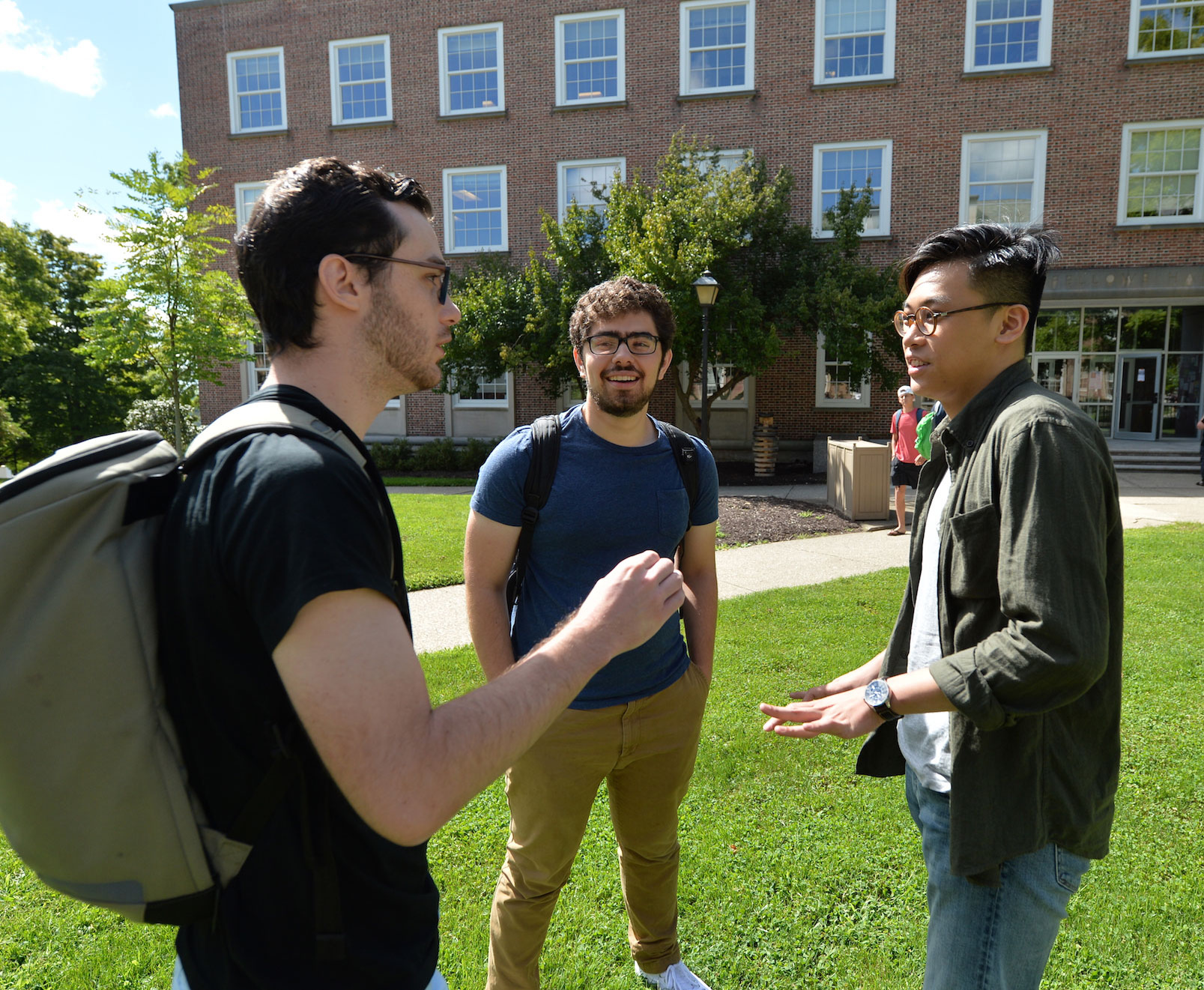
Over the last few years, there has been a lot of conversation across campus about the things that make Denison a great college and places where we can improve our culture.
Many students have called for a more socially inclusive campus, where every student feels valued, respected and listened to. Core to this is creating residential halls where students are developing a wide range of relationships and friendships with people who are similar, as well as people whose lives are very different from theirs.
At the same time, other students have called for more student autonomy. Residential halls should be places where students feel a sense of ownership and investment, and where students have more freedom and support to create living spaces that meet their needs.
These two principles work together. We are more likely to create the community we want, by giving students more autonomy, responsibility and support in creating it.
Residential Communities, which picks up where ResEd left off, is being created largely from scratch. The department’s goals are to work with students to create residential spaces that can anchor their Denison education, and that are fun and interesting. These should be spaces where every student feels valued and respected, and where residents feel a sense of ownership and investment in what happens there.
2017-2018 will be a transition year and will involve lots of conversations between RAs and their residents and all kinds of experimentation.
You can expect some immediate differences. Resident Assistants (RAs) will spend less time creating programs and more time supporting student-driven efforts. Students have asked for more opportunities and support to do things in residential halls that bring people together and create opportunities to get to know more people. Some would like to see programs in support of their wellness—yoga in lounges or cooking lessons in the apartment communities. Other students have asked for new kinds of social spaces that are conducive to different ways of being social.
The broadest theme will be building community. Dennis Donovan, who presented at last year’s ONE leadership conference, is helping with this re-orientation, and we’ll rely on expertise found on campus among faculty, staff and students. Our goal is to capture one of the values of a residential university campus: learning to live and work with people to create communities that meet a wide range of needs, interests and concerns.
That will play out in redefined roles for RAs, and the ResComm staff (Assistant Directors Cari Meng, Ben Daleiden and Carrie Fox) are redesigning their approach to programming and student engagement. Support and guidance are coming from Dean of First-Year Students Mark Moller (who is leading the staff while we seek the next Director of ResComm) and Dean Erik Farley, who oversees Student Leadership and Community Engagement departments, of which ResComm is one.
The change follows a decision to separate Residential Education & Housing into two units: Residential Communities (located in the Curtis West Community Center), and Student Housing Operations and Planning (on the first floor of Doane).
This change was announced to the campus in March 2017. Student Housing Operations and Planning will handle keys and IDs, will oversee housing selection and room changes, will work with students and staff when operational issues arise with residential buildings, and will also lead the planning of renovations of residence halls. We anticipate substantial renovations will begin in residence halls over the next 3-5 years.
ResComm staff, from RAs and Head Residents to the Assistant Directors, are excited to focus more on working with students to move residence life in a new direction. Building a genuine sense of ownership, belonging, and community doesn't just happen in the complex spaces where students live on a college campus. It requires thought, intention, and collaboration among students, and between students and staff. It’s also how we pursue the mission of the college in every corner of the campus.





